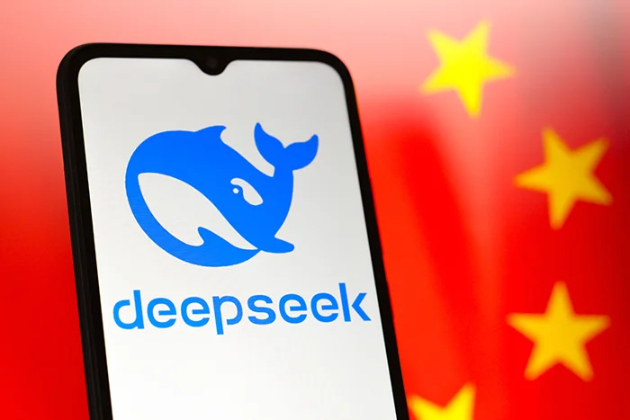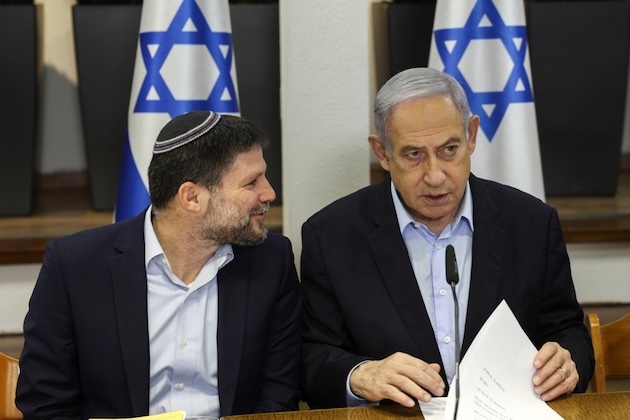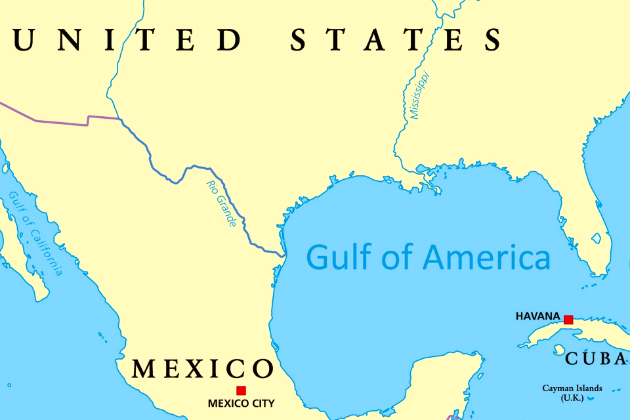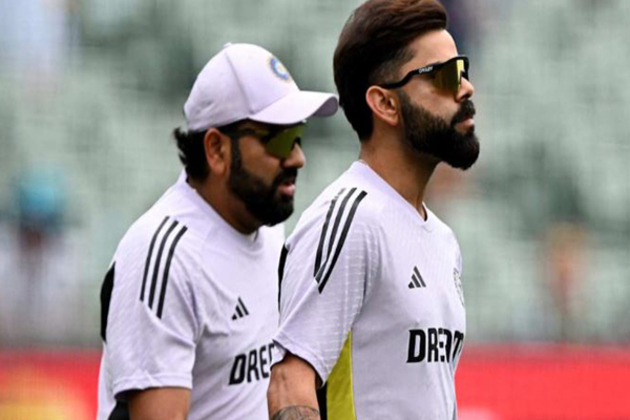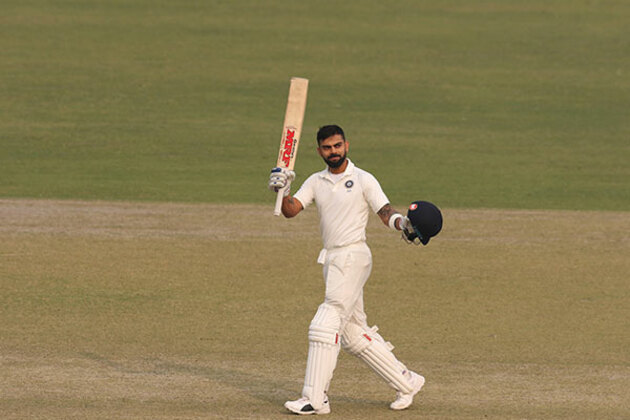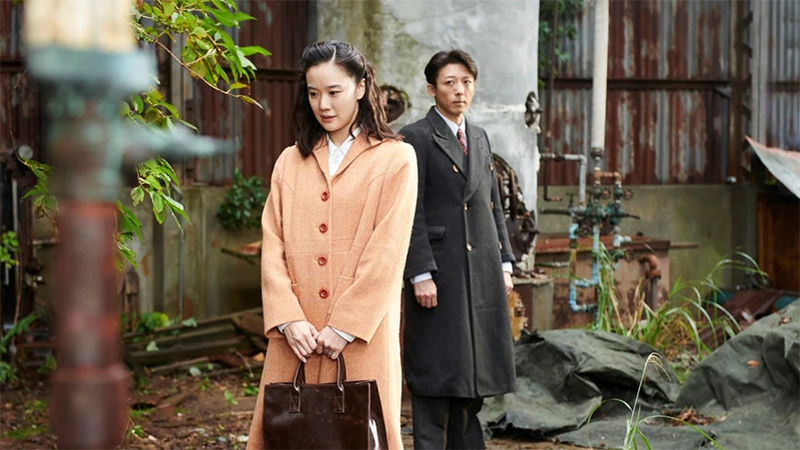In Indonesia, Albanese has a chance to reset a relationship held back by anxiety and misperceptions
The Conversation
13 May 2025, 23:28 GMT+10
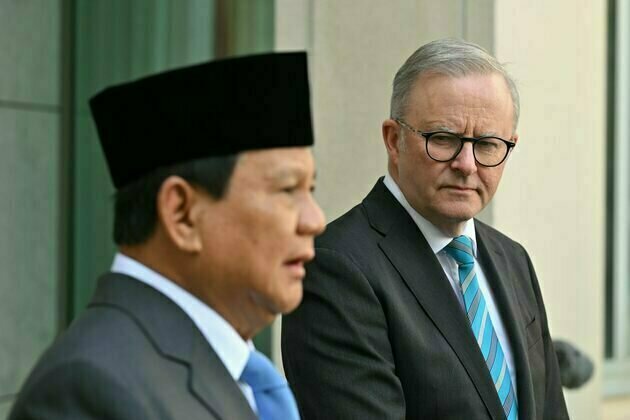
Prime Minister Anthony Albanese has wasted little time taking his first overseas trip since Labor won a historic victory in Australia's federal election. He'll head to Indonesia today to meet the country's new president, Prabowo Subianto.
With both nations entering new political chapters, the visit carries symbolic weight. But it will also have practical importance.
Despite the two nations' proximity and strengths, the relationship has often been held back by outdated perceptions and strategic hesitation. This is a timely opportunity to reset the relationship.
Prabowo succeeded outgoing President Joko "Jokowi" Widodo in October after a decade of his infrastructure-driven and globally engaged leadership.
Prabowo, a former army general and defence minister, had projected a populist and nationalist image during his 2024 election campaign. He frequently emphasised Indonesia's food self-sufficiency, military strength and national sovereignty.
Since taking office, however, he has moderated his tone. While seen by some in the West as assertive, he has signalled a willingness to strengthen bilateral defence ties with Australia. He also has an interest in modernising Indonesia's military and engaging more transparently with partners.
Still, questions remain about how he will shape Indonesia's foreign policy. This includes whether he will maintain Jokowi's emphasis on multilateralism and economic diplomacy. Both are key to the tone and outcomes of Albanese's visit.
Prabowo's leadership style is nuanced. Despite his polarising image, Indonesia's foreign policy is still shaped by pragmatism and non-alignment. As such, Prabowo will likely focus on balancing relations with China, the United States and Russia, while protecting Indonesia's sovereignty.
Indonesia's decision to join BRICS, the economic group that includes both China and Russia, for example, should be seen as a diplomatic hedge, not a new geopolitical alignment.
Other recent decisions, such as providing aid to Fiji, suggest an increasingly outward-facing regional posture.
Albanese should offer Prabowo credible alternatives to Russian and Chinese engagement through trade, technology and education exchanges, rather than reacting to Jakarta's moves with suspicion.
In his election campaign, Albanese reaffirmed his government's commitment to working closely with Southeast Asia. He also promised a foreign policy grounded in diplomacy, climate cooperation and economic diversification.
This provides a strong incentive for both leaders to deepen ties. For Australia, deepening ties with Indonesia supports its Indo-Pacific strategy. The goal: promoting a stable and inclusive regional order, particularly amid concerns over growing strategic competition between the US and China.
For Indonesia, Australia offers investment, education partnerships, and critical expertise in clean energy and innovation.
A free-trade agreement signed in 2019 provides a platform for deeper integration and less competition in certain industries.
For example, there are huge opportunities to collaborate in clean energy, particularly after the neighbours signed a climate partnership last year. The agreement will secure supplies of lithium for Indonesia's EV battery production, while Australia will gain more export markets for its critical minerals.
People-to-people ties are also vital, while education remains a longstanding pillar of the bilateral relationship.
Both countries face skills shortages in key sectors. Indonesia needs skilled workers in health care, clean technology and digital literacy. Australia has shortages in critical infrastructure, aged care and engineering.
There are good opportunities here for student exchanges, joint employment training programs and other vocational collaborations.
New Australian university campuses in Indonesia are a positive step, but they remain commercially focused and concentrated in elite, urban areas. With over 4,000 universities across the archipelago, these partnerships could go much further.
The relationship is not without friction. Australia's involvement in the AUKUS agreement, and its close alignment with the United States and United Kingdom, has raised concerns for Indonesia, which has long championed non-alignment.
Jakarta has voiced unease over the perceived risks of nuclear submarine proliferation in the region.
Albanese's visit is a key opportunity to clarify that AUKUS involves nuclear-powered - not nuclear-armed - submarines. He should also reinforce Australia's commitment to transparency over the deal. This is essential to avoiding misunderstandings and building trust.
A more recent flashpoint is speculation around a possible Russian military presence in Indonesia - a claim the Indonesian government has firmly denied.
Indonesia's response exemplifies its longstanding commitment to strategic autonomy. However, the whole ordeal reveals the complexity of Jakarta's foreign relations, which often involve balancing ties with competing powers.
For Australia, acknowledging Indonesia's independent foreign policy - rather than interpreting it through a great-power rivalry lens - is critical to sustaining mutual trust.
This moment offers both governments the chance to move beyond symbolic gestures toward a deeper, more inclusive and people-centred partnership.
Amid global fragmentation, trust is not just desirable - it's essential. And while differences remain, they are not insurmountable when guided by mutual respect, strategic patience and a commitment to genuine cooperation.
For Australia, the challenge is to move past strategic anxiety and invest in a resilient, multidimensional relationship with Indonesia. This visit could be the first step in doing just that.
 Share
Share
 Tweet
Tweet
 Share
Share
 Flip
Flip
 Email
Email
Watch latest videos
Subscribe and Follow
Get a daily dose of Australian Herald news through our daily email, its complimentary and keeps you fully up to date with world and business news as well.
News RELEASES
Publish news of your business, community or sports group, personnel appointments, major event and more by submitting a news release to Australian Herald.
More InformationInternational
SectionMicrosoft bans Chinese AI app Deepseek over data security fears
REDMOND, Washington: Microsoft has prohibited its employees from using Deepseek, a Chinese artificial intelligence app, citing concerns...
Bristol Myers, Sanofi to pay $700 million in Hawaii Plavix lawsuit
HONOLULU, Hawaii: Pharmaceutical giants Bristol Myers Squibb and Sanofi have agreed to pay $700 million to Hawaii to settle a lawsuit...
FDA to roll out AI across all centers by June 30
WASHINGTON, D.C.: The U.S. Food and Drug Administration (FDA) said this week it will start using artificial intelligence (AI) in all...
Appeals court reinstates Oceanografia fraud case against Citigroup
NEW YORK CITY, New York: Citigroup must defend itself against a revived lawsuit accusing the bank of facilitating and concealing a...
Food authority forecasts 500,000 in Gaza will die of starvation
Gaza Faces Imminent Famine as Aid Blockade Enters 70th Day, UN Warns The entire population of Gaza is now at critical risk of famine,...
House passes bill to rename Gulf of Mexico as ‘Gulf of America’
WASHINGTON, D.C.: The Republican-led U.S. House of Representatives has passed a bill to rename the Gulf of Mexico as the Gulf of America,...
Sydney
SectionMoscow reacts to UN aviation agencys MH17 vote
The investigation into the shootdown of the passenger airliner in Ukrainian airspace in 2014 was biased against Russia, the Foreign...
Ashwin handpicks his favourite Test batsmanship of India batting icons Rohit, Virat
New Delhi [India], May 13 (ANI): Former spinner Ravichandran Ashwin handpicked his 'favourite piece of batsmanship' of India batting...
In Indonesia, Albanese has a chance to reset a relationship held back by anxiety and misperceptions
Prime Minister Anthony Albanese has wasted little time taking his first overseas trip since Labor won a historic victory in Australia's...
South Africa announces squad for WTC final against Australia
New Delhi [India] May 13 (ANI): Temba Bavuma leads a 15 squad of South Africa for the upcoming ICC World Test Championship (WTC) 2025...
"I've always been cheering for you": Anil Kapoor recalls meeting Virat Kohli on cruise during 'Dil Dhadakne Do' shoot
Mumbai (Maharashtra) [India], May 13 (ANI): After star batter Virat Kohli's announced his retirement from Test cricket, Bollywood actor...
Revisiting Virat Kohli's seven Test double tons that outpaced Aussie legend Bradman
New Delhi [India], May 13 (ANI): During his 14-year, 123-match long Test career, Indian batting legend Virat Kohli played knocks which...

